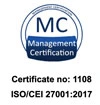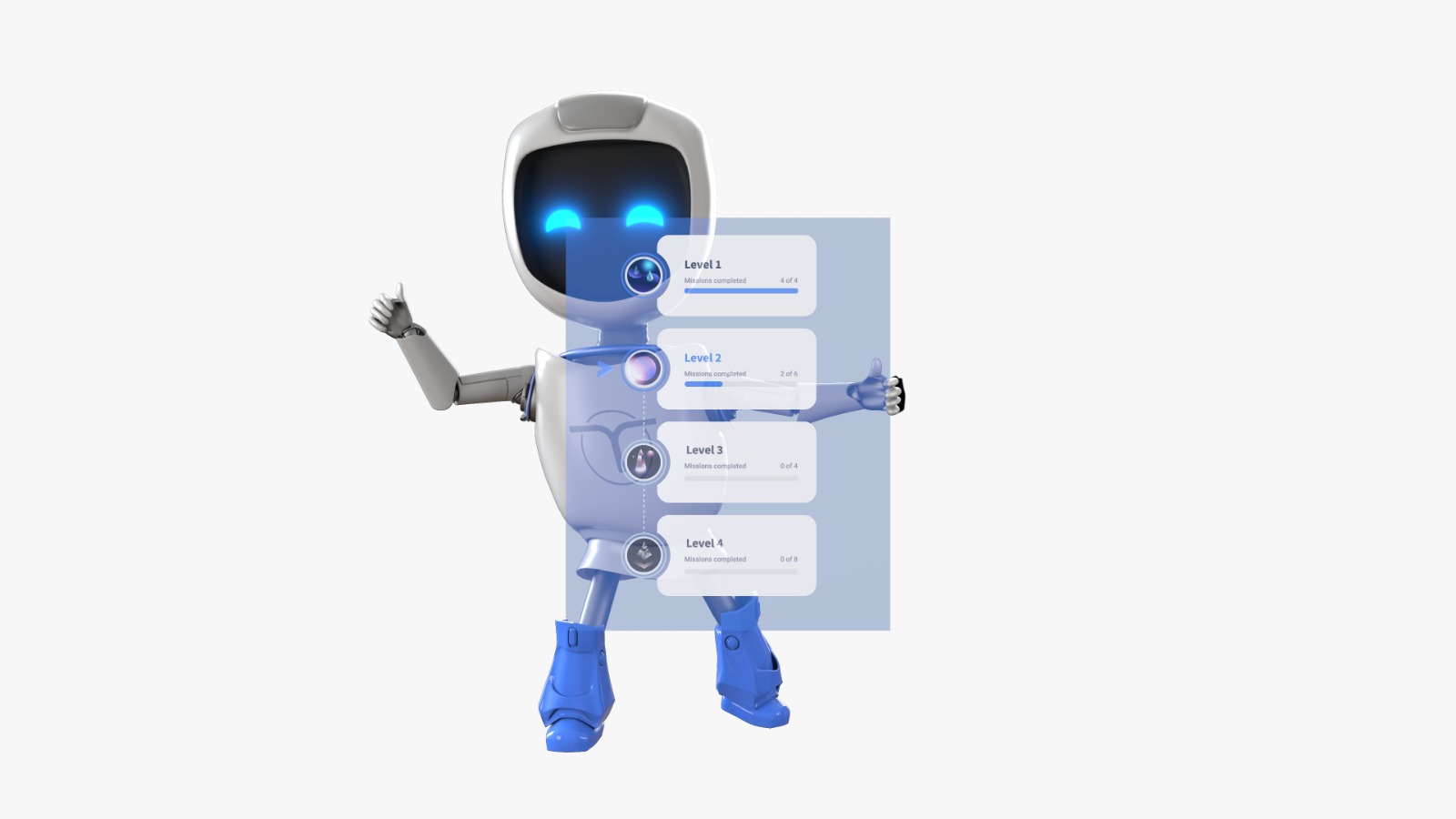Healthcare is unlike any other sector – it’s fast-paced, high-stakes, and literally a matter of life and death. So, when we talk about onboarding, we’re talking about much more than paperwork and quick introductions. In fact, poor onboarding in healthcare can be dangerous, compromising patient care and increasing staff turnover, which is why 20% of healthcare employees leave within the first 45 days and nearly 30% in their first year. Can healthcare organizations afford that kind of churn in critical departments like nursing and emergency care? Definitely not.
Studies show that 82% of employees are more likely to stay with a company when they’ve had a strong onboarding experience. That’s not just theory – it’s something healthcare leaders can measure in real-world outcomes. And it makes sense, right? Doctors, nurses and other healthcare professionals need to hit the ground running from day one, especially in high-pressure environments. So, if your onboarding program isn’t up to par, you’re not just wasting time; you’re potentially endangering patients and hemorrhaging money due to high turnover.
Best practices for effective healthcare onboarding, for new employees
New hires in critical departments like nursing and emergency care are expected to handle immense pressure right out of the gate. Without the right support system, they’re likely to feel overwhelmed, disengaged, or worse – make errors that could directly impact patient outcomes. Let’s explore seven strategies that can transform your healthcare onboarding into a robust, life-saving process.
1. Utilize Just-In-Time Training Modules
When the stakes are high, real-time access to information is non-negotiable. In emergency rooms and intensive care units, every second counts. Nurses and emergency staff often face rapidly changing situations where instant access to protocol, medication administration guidelines, and patient care steps can mean the difference between life and death.
Actionable Step: Implement on-demand, role-specific training modules, bite-sized, easily digestible content, that can be immediately applied and accessible via mobile devices or tablets, ensuring staff can pull up essential information during shifts. Whether it’s correct dosage guidelines or emergency response protocols, immediate access to relevant training helps new hires function confidently in critical moments.
Example: A nurse dealing with an unexpected cardiac arrest could use a mobile app to instantly access the latest resuscitation guidelines, improving response time and care quality. Studies show that healthcare workers trained with just-in-time resources are more effective under pressure and can significantly reduce error rates.
Insight from the field: “Having access to essential training resources in real-time allows us to provide the best care possible without any delays, especially in critical situations.”
2: Implement AI-Driven Customized Onboarding Programs
Artificial intelligence is revolutionizing many sectors, and healthcare onboarding is no exception. One of the primary benefits of AI is its ability to personalize learning at scale, identifying specific gaps in a new hire’s skills and creating a tailored training plan that focuses on areas of improvement.
Actionable Step: Use AI-powered platforms to assess the competencies of new healthcare hires upon onboarding. Based on the results, the AI can generate a personalized onboarding program tailored to the specific needs of the employee – whether that’s crisis management, procedural skills, or patient communication.
Example: In an emergency department, AI can flag that a new hire is less experienced in managing trauma cases and create a focused training module to enhance their skills in that area. This approach accelerates the onboarding process, reducing the time it takes for new hires to be fully productive and prepared for high-stakes environments.
Insight from the field: “AI-driven customization ensures that each new hire gets personalized training, making the onboarding process more efficient and effective, especially in high-pressure departments like the ER.”
3: Introduce Mentorship Programs
Mentorship is a game changer in healthcare, where new hires often face emotionally and physically demanding situations. Having an experienced mentor available during those first challenging months can make a massive difference in how quickly new employees integrate and succeed.
Actionable Step: Pair every new nurse or emergency department staff member with an experienced mentor who can guide them through those early, often overwhelming days. These mentors act as a support system, providing real-world advice and helping new hires adjust to the pace and complexity of the healthcare environment.
Example: A new nurse shadowing a seasoned ER nurse will not only learn technical skills but will also develop coping strategies for dealing with emotional stress and high-pressure situations. Studies show that employees who participate in mentorship programs are 67% more likely to stay with their organization, and in healthcare, that retention is invaluable.
Insight from the field: “New hires often feel overwhelmed during their initial months; having a mentor can guide them through these challenges, boosting their confidence.”
4: Focus on Soft Skills Training
Technical know-how is essential, but healthcare professionals are also expected to exhibit compassion, empathy, and stellar communication skills. Soft skills are a significant factor in patient care, particularly in departments like nursing and emergency, where patient interactions are constant, and emotions run high.
Actionable Step: Incorporate soft skills training into your onboarding program through role-playing exercises and interactive learning sessions. New hires can practice delivering difficult news, calming anxious patients, or working collaboratively under stress.
Example: Conducting simulated patient interactions where new nurses practice empathizing with patients’ concerns and family anxieties can make a significant difference in overall patient satisfaction. Research shows that hospitals with highly engaged and emotionally intelligent staff report fewer patient complaints and higher retention rates.
Insight from the field: “Patients need more than just technical care; emotional support and clear communication significantly enhance their overall experience.”
5: Continuous Feedback and Evaluation
Feedback is an ongoing process that helps guide new hires toward success. Continuous evaluation ensures that healthcare professionals are on the right track, addressing any gaps in their performance before they become significant issues.
Actionable Step: Schedule regular check-ins, ideally weekly, during the first 90 days to discuss challenges, review progress, and offer constructive feedback. These sessions will help new hires adjust and also give them the reassurance that their development is being closely monitored and supported.
Example: In a high-stress ICU environment, a nurse might be struggling with patient monitoring. Regular feedback sessions can help pinpoint specific areas for improvement, such as attention to detail in patient vitals, and provide actionable advice to correct these issues before they impact care quality.
Insight from the field: “Regular feedback sessions allow new hires to adjust quickly and reassure them that they are on the right track.”
6: Collaborative and Social Learning
Healthcare environments rely heavily on teamwork. When nurses, doctors, and other healthcare workers operate as a well-oiled machine, patient outcomes improve dramatically. Creating a learning environment where collaboration is fostered helps new hires integrate more effectively into their teams.
Actionable Step: Facilitate peer-to-peer learning and collaborative review sessions. This allows new hires to gain insights from their peers and also strengthens team dynamics, which is essential in high-pressure environments.
Example: A peer review session where experienced nurses discuss complex cases with new hires helps build a supportive learning environment. It also promotes open communication and trust – two elements that are critical for smooth teamwork in high-stress situations.
Insight from the field: “Learning from peers who have faced similar challenges can offer practical insights and enhance team cohesion.”
7: Real-Time Updates and Feedback for Compliance
In healthcare, regulations and protocols change quickly. Onboarding should include real-time updates on the latest healthcare regulations to ensure compliance.
Actionable Step: Push real-time updates on changes in healthcare protocols to all staff via mobile apps or platforms.
Example: Emergency room staff receiving instant notifications on new resuscitation protocols directly through their training platform ensures immediate implementation of updated standards.
Insight from the field: “In high-stress environments, having real-time updates ensures the staff can immediately implement new guidelines without any delay.”
Leveraging Code of Talent for Effective Healthcare Onboarding
Code of Talent’s AI-powered microlearning platform is built to revolutionize healthcare onboarding by providing:
- Role-Specific Training: Code of Talent allows you to craft customized learning paths for various healthcare roles. For instance, ER nurses can receive focused modules on trauma care, while administrative staff get training on healthcare compliance.
- Collaborative Learning: Peer learning is key in healthcare. New nurses can be paired with experienced professionals, promoting knowledge sharing through structured mentorship programs.
- Real-Time Feedback: Instant updates and feedback keep your staff compliant with ever-changing healthcare regulations.
- Gamified Modules: Boost engagement with interactive, gamified learning for essential tasks like handling emergency scenarios, ensuring high retention rates.
Conclusion
Onboarding in healthcare is about more than just getting employees up to speed – it’s about preparing them to provide exceptional care from day one. A well-executed onboarding process can reduce turnover, improve patient outcomes, and boost overall team performance. By implementing strategies like Just-In-Time Training, AI-Driven Customization, and Mentorship Programs, you can reduce turnover, improve patient care, and enhance team performance. Tools like Code of Talent streamline this process, providing tailored training, real-time feedback, and collaborative learning environments.
Ready to revolutionize your healthcare onboarding process? Explore Code of Talent’s AI-powered microlearning platform and transform your new employee training. Click here to get started.
Photo: Freepik





